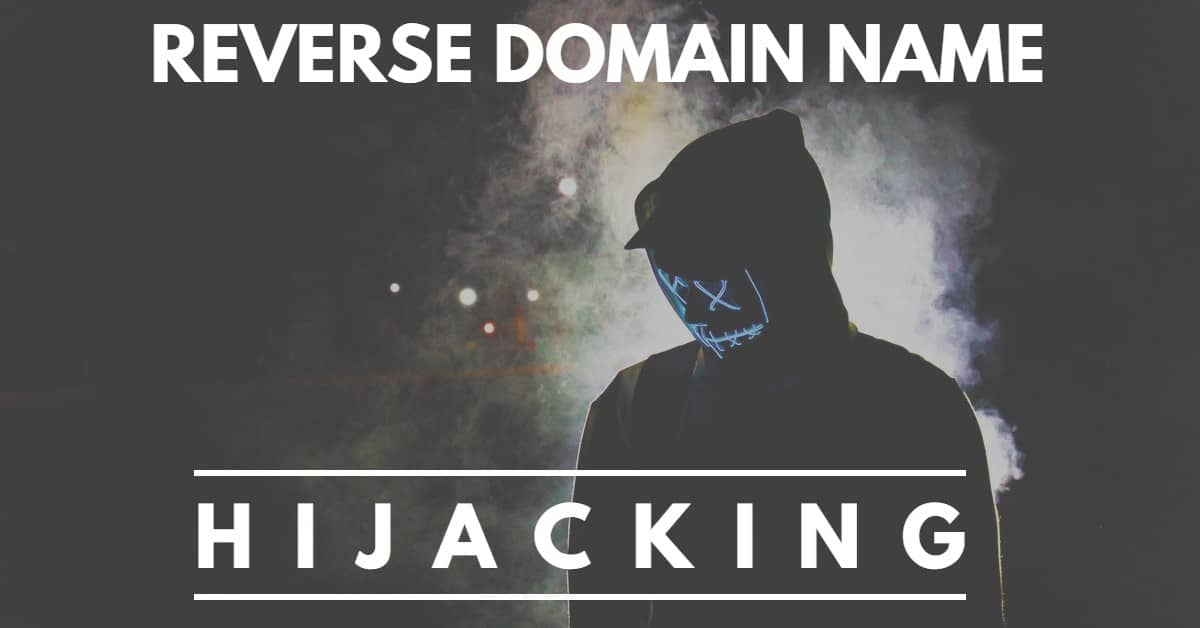Small bank did not prove that the domain name owner registered PeoplesBank.com to target it.

A National Arbitration Forum panel has determined (pdf) that Peoples Bank of Mississippi tried reverse domain name hijacking PeoplesBank.com in a cybersquatting case it filed.
There’s no doubt that Peoples Bank uses the trademark Peoples Bank. And it has been around since well before PeoplesBank.com was registered. But the bank did not show that the domain owner, Xedoc Holding SA, targeted it with its registration.
Xedoc’s attorney, Paul Keating, noted that the mark is very weak. He discovered that almost 1,000 other banks use the term Peoples Bank globally, and four of them are located within a short drive from Complainant.
The Complainant retorted that its “rights are superior” to those of Respondent. But the panel noted this doesn’t matter for the case at hand:
However, the Panel notes that the Respondent need only show that it has “a” legitimate right or interest. The Respondent does not need to show that its rights or legitimate interests are better (however measured) than those of the Complainant.
In other words, there was no evidence that Xedoc, a company organized in Luxembourg, was targeting this small bank in Mississippi with its registration.
The panel also noted:
Further, the peoplesbank.com domain name was first created by a third-party in 1995, a time when Complainant’s bank was already in business for over eighty years and could have secured the domain name for itself. Respondent also points out that Complainant could have but did not participate in the public auction for the domain name at the time Respondent acquired it in 2010.
Xedoc paid $44,100 to acquire the domain in an expired domain auction at NameJet.
In finding reverse domain name hijacking, the three-member panel wrote (in part):
Although existing, Complainant’s common law rights in its mark are diluted nearly to the vanishing point based upon the number of third-party users thereof. This fact must have been known to Complainant given its longstanding participation in the field of banking. In fact, Complainant does not dispute the existence of these other banks and virtually ignores Respondent’s argument but merely states that this “does not diminish the trademark rights Complainant owns in its field and geographic area.” The Complainant is professionally represented in this matter and, in the opinion of the Panel, knew or ought to have known that the Policy does not examine the relative rights to a mark as between two parties. For Complainant to claim, ten years after Respondent’s acquisition of the peoplesbank.com domain name, that it was registered and used by a Luxembourg-based entity with knowledge of and specifically to target one of the multitude of Peoples Bank users, a small bank operating primarily within a limited geographic area of Mississippi, exhibits a disregard for the Policy and many prior decisions of UDRP Panels that have been made over more than twenty years. Complainant, or its counsel, should have known that there was no reasonable chance of prevailing in this proceeding – if not at the time the Complaint was filed, certainly after having received the Response and its accompanying evidence.
The Complainant uses PeoplesBank-MS.com for its domain name. K&L Gates LLP represented Peoples Bank of Mississippi.






I own a similar type of domain. Major company founded 75 years prior to registration of mine, sold to me in public auction 10 years after registration, multiple companies using a similar mark. Glad to have this article to be able to reference back to, if the need ever arises.
Still no sanctions whatsoever for reverse domain name hijacking?
That is correct with UDRP. A court can make an award.